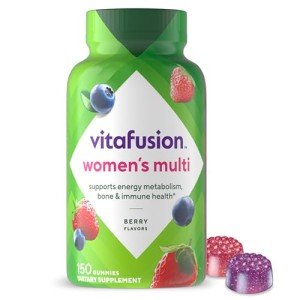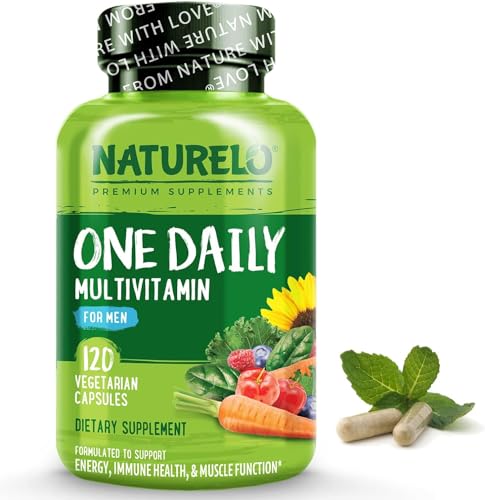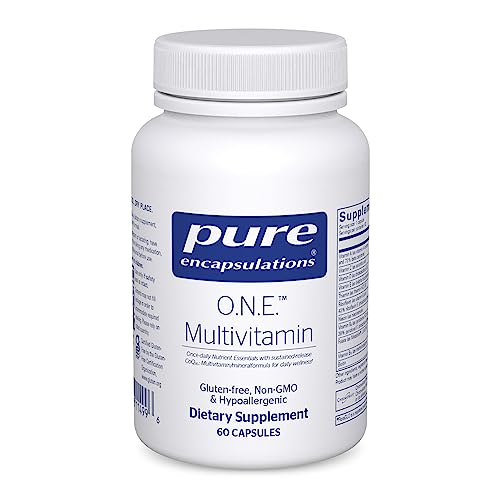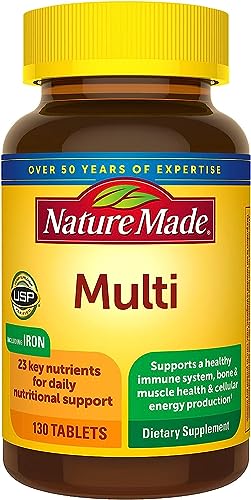When you think of vitamins, you might picture modern bottles filled with colorful capsules. But the story of vitamins goes way back, well before the first multivitamin hit the shelves. Ancient cultures often turned to nature for their health needs, using everything from herbs to animal products to keep their bodies functioning well.
For instance, ancient Egyptians were known for their impressive health knowledge. They mixed various plants, like garlic and onion, into their diets to ward off illnesses. Garlic, in particular, was hailed for its ability to boost the immune system. The Greeks and Romans also embraced natural remedies, with figures like Hippocrates urging the use of certain foods to promote health. Can you imagine how they figured out which plants were beneficial?
Fast forward to ancient Chinese traditions, where things like ginseng and goji berries were staples in wellness practices. These foods were not just eaten; they were part of a holistic approach to health that considered the balance of energies in the body. It’s fascinating to see how these early remedies paved the way for what we now understand as vitamin-rich diets.
Different cultures had their unique remedies too. Native American tribes often used natural ingredients like berries and roots to stay healthy. Each of these ancient practices contributed pieces to the puzzle of how we came to understand essential nutrients today. When you think about it, the journey of vitamins isn’t just a modern scientific tale—it’s woven into the fabric of human history.
- The Discovery of Essential Nutrients
Understanding essential nutrients has been like piecing together a massive puzzle throughout history. These nutrients, particularly vitamins, have been discovered slowly over time, each with its own unique backstory. From the moment scientists started isolating these compounds, people began to realize just how crucial they are for our health.
Take vitamin C, for instance. In the 18th century, sailors faced a real crisis while at sea, suffering from scurvy. It wasn’t until James Lind conducted experiments that the importance of citrus fruits became clear. He found that eating lemons and limes could prevent this painful condition, leading to a major shift in sailors' diets. This discovery not only saved lives but also opened the door to understanding other essential vitamins.
Fast forward to the early 20th century, and the hunt for more vitamins was on. Researchers identified B vitamins, which play key roles in metabolism and energy production. They discovered that these nutrients were not just important but vital for survival. Foods like whole grains and legumes were highlighted for their rich B-vitamin content, prompting people to rethink their nutrition.
Today, we know that vitamins play various roles, from supporting our immune system to strengthening our bones. Each vitamin has its own unique properties and sources. For example, vitamin D is a game-changer for bone health and can be absorbed through sunlight or certain foods like fatty fish. As we continue to explore the world of essential nutrients, it’s clear that understanding them better helps us lead healthier lives.
- How Vitamins Changed Modern Health
Vitamins have become an essential part of our everyday lives, but it’s fascinating to think about how they’ve transformed modern health. In the early 20th century, scientists started to discover these tiny compounds, which play a big role in keeping our bodies running smoothly. Before that, many people didn’t even realize that certain diseases, like scurvy and rickets, were linked to vitamin deficiencies!
With researchers like Dr. Casimir Funk leading the way, vitamins began to gain recognition. Funk coined the term "vitamine," tying it to “vital amines” because of their crucial role in health. This sparked a surge of interest in nutrition, and soon, more vitamins were identified. People began to understand that these little nutrients could help boost immunity, enhance energy levels, and prevent diseases.
As knowledge spread, the market for vitamins exploded. Supplements became a go-to for many trying to fill the gaps in their diets. Today, it’s not uncommon to see people popping vitamin pills alongside their morning coffee. The idea that we can take charge of our health with the right vitamins has really changed how we view nutrition.
What’s even more interesting is how the view of vitamins has evolved with technology. Nowadays, we have advanced testing and personalized nutrition plans designed to meet individual needs. Whether you’re looking to improve your skin, support your bones, or boost your energy, there’s likely a vitamin or supplement that can help.
- Future Trends in Vitamin Research
Vitamin research is always evolving, and it seems like every year brings new discoveries. One trend that’s gaining traction is the focus on personalized nutrition. People are starting to realize that not all vitamins work the same for everyone. Thanks to advances in genetic testing and technology, researchers are exploring how our individual genetics can influence our vitamin needs. Imagine finding out your unique vitamin requirements just like you would a perfect pair of shoes!
Another exciting area is the link between vitamins and overall health beyond just preventing deficiency. Studies are increasingly showing how vitamins can play a role in reducing the risk of chronic diseases. For example, research is diving into how vitamin D and K can support heart health and bone density. This can change the way we think about supplementation, focusing more on how vitamins can enhance our overall wellness rather than just filling gaps.
And let’s talk about the trending topic of gut health! Researchers are digging deeper into how vitamins interact with the microbiome—the community of bacteria living in our digestive systems. Certain vitamins might even help our gut bacteria thrive, leading to better digestion and improved health. Who wouldn’t want a little boost from their vitamins like that?
Lastly, the sustainability of vitamin sources is becoming a hot topic. With more people caring about where their food comes from, there’s a push for vitamins sourced from plants or lab-grown alternatives. This shift aims to make vitamin production more eco-friendly and accessible, promising a greener future without compromising on health benefits.







